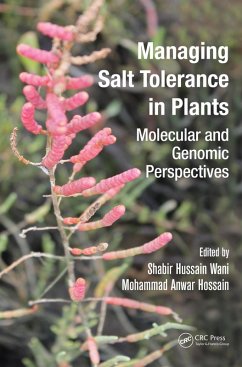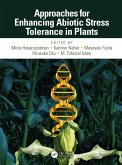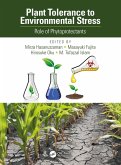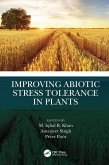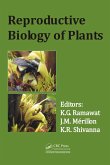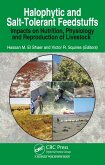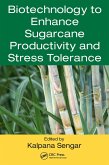Scientists around the world are striving to develop crop varieties that are tolerant to salt stress. Salinity stress currently impacts more than 800 million hectares of land worldwide and more arable land is likely to be impacted in the future due to global climate changes. This book presents detailed molecular and genomic approaches for the development of crop plants that are tolerant to salinity stress. This comprehensive volume discusses salinity stress in plant adaptation and productivity, biochemical and molecular mechanisms responsible for plant salt tolerance, and genomic approaches for the development of plants tolerant to salinity stress.
Dieser Download kann aus rechtlichen Gründen nur mit Rechnungsadresse in A, B, BG, CY, CZ, D, DK, EW, E, FIN, F, GR, HR, H, IRL, I, LT, L, LR, M, NL, PL, P, R, S, SLO, SK ausgeliefert werden.

